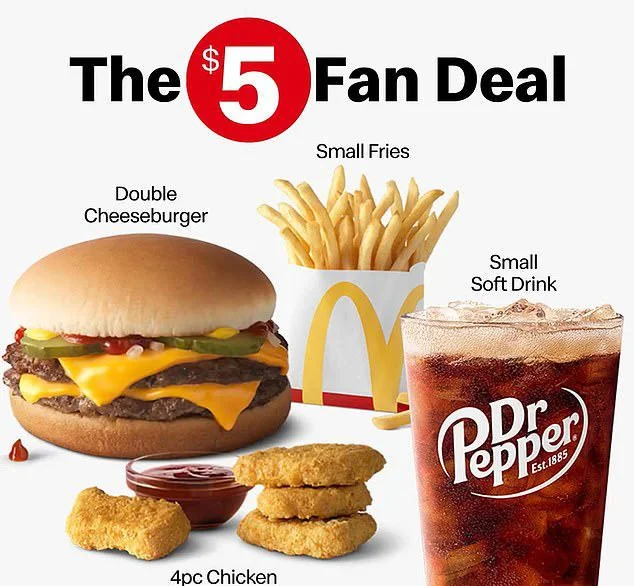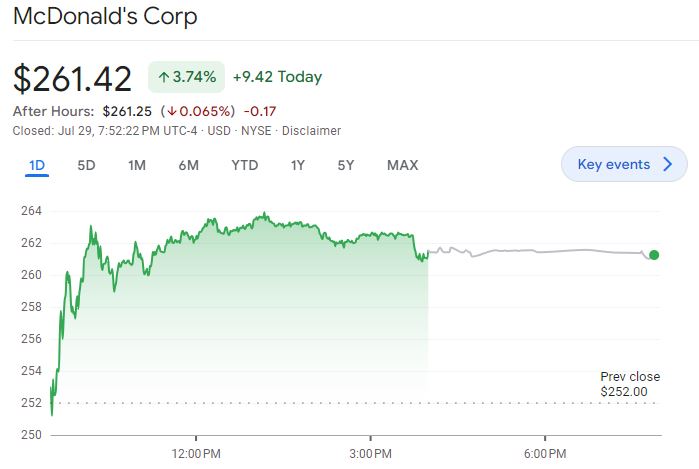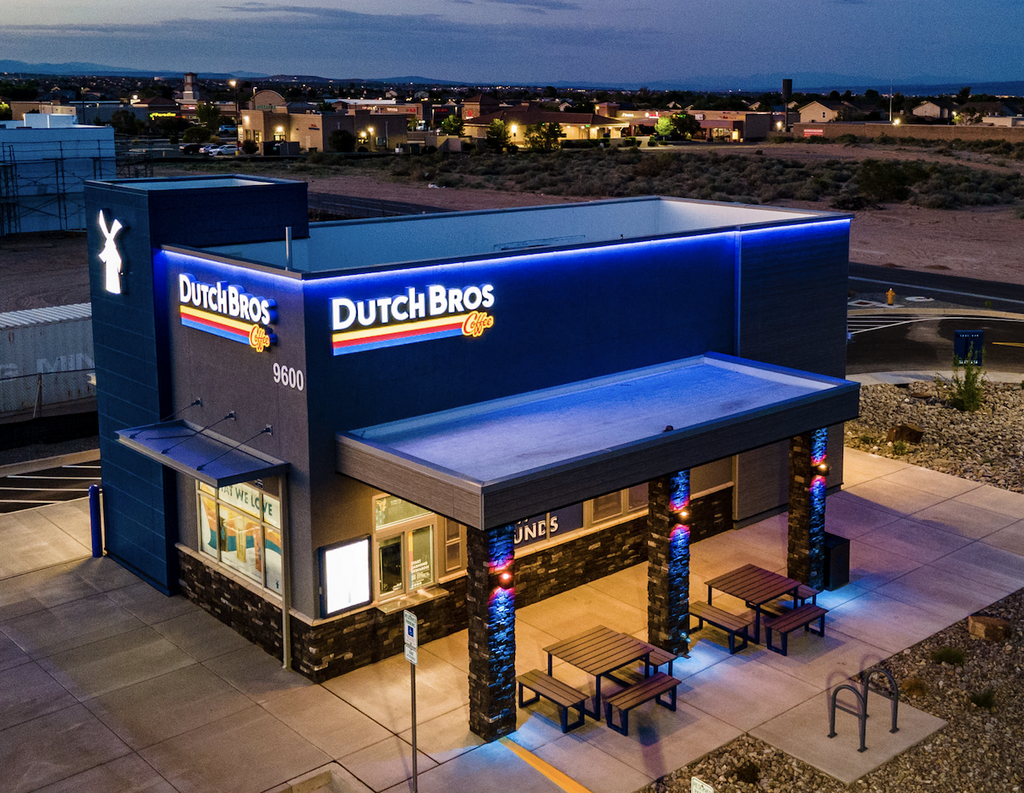
McDonald’s is facing its first global sales decline in over three years, attributed to inflation-weary consumers opting for cheaper options and reducing their dining out habits. CEO Chris Kempczinski highlighted that low-income consumers are increasingly eating at home and finding ways to economize, impacting the fast-food giant’s revenue.

During the April-June period, McDonald’s worldwide sales dropped by 1 percent, marking the first decline since the last quarter of 2020. The COVID-19 pandemic and government restrictions had previously closed businesses and confined millions of people to their homes, leading to similar declines.

The decline was more pronounced in international developmental licensed markets, which are operated by licensees. Sales in these markets fell by 1.3 percent, influenced by weak consumer sentiment in China and boycotts in the Middle East over the fast-food chain’s perceived support for Israel.

Kempczinski acknowledged that consumers had become more selective with their spending. Although McDonald’s had previously benefitted from consumers downgrading from more expensive eateries, the current trend shows a greater loss among low-income consumers than the benefits gained from such downgrades.

“We are seeing trade down, but what we’re seeing is that the loss of the low-income consumers is greater than the trade-down benefit,” Kempczinski said during a conference call with investors. “You’re seeing with that low-income consumer, in many cases, they’re dropping out of the market, eating at home and finding other ways to economize.”

Kempczinski noted that while customers still view McDonald’s as the best-value fast-food chain, the gap in perceived value compared to its rivals has narrowed. He emphasized the company’s commitment to closing this gap quickly.

Executives mentioned that a $5 meal deal launched in June had exceeded expectations, leading to the promotion’s extension at most US outlets beyond August. Kempczinski expressed confidence in the company’s strategy to regain market share across all major markets despite challenging conditions.

Despite the disappointing sales results, McDonald’s shares rose 3.7 percent on Monday, indicating investor confidence in the company’s plans to reverse its fortunes.

In California, Governor Gavin Newsom signed Assembly Bill 1287 into law, instituting a $20 per hour minimum wage for fast-food workers and creating a regulatory council with the authority to raise the industry’s minimum wage annually. Contrary to trade groups’ claims that the wage hike would harm franchisees and employees, the fast-food industry in California added 10,000 jobs from March through May, according to the U.S. Bureau of Labor Statistics. The new wage took effect on April 1, and since January, nearly 21,000 fast-food jobs have been added in the state.

Critics of Newsom’s minimum wage hike argue that it could lead to restaurant closures. However, McDonald’s sales weakness is not limited to California but is a global issue, with international franchises experiencing significant impacts. Factors like the federal funds rate increase and the lingering effects of the COVID-19 pandemic play a more substantial role in these declines than the state’s minimum wage policies.






